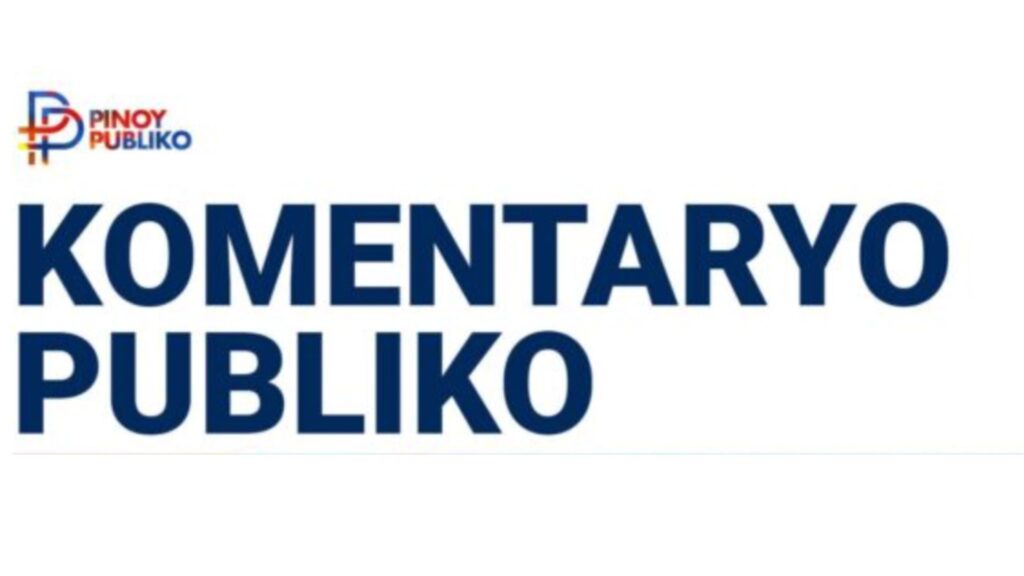THE Philippine party-list system was born from the optimism of EDSA.
Fresh from the ashes of dictatorship, the 1987 Constitution promised a Congress that would no longer be the playground of the rich and powerful.
Workers, farmers, indigenous groups, the urban poor, women, youth — finally, they would have a voice.
When the system was launched in 1998, it was seen as a revolutionary idea: carve out seats in the House of Representatives for those historically left out.
Nearly three decades later, that promise lies in ruins.
The party-list system, once a symbol of hope, has been hijacked by the very elites it was meant to counter.
What was supposed to be a ladder for the marginalized has become another staircase for the already powerful to climb higher.
The rot worsened after a 2013 Supreme Court decision loosened the rules, making it easier for political clans, dynasties, and big business proxies to masquerade as champions of the poor.
Today, the system has lost its soul. It no longer amplifies the cries of the voiceless—it amplifies the ambitions of the connected.
Look no further than the Kapuso Partylist, officially named Kabalikat Patungo sa Umuunlad na Sistematiko at Organisadong Pangkabuhayan Movement (KAPUSO-PM).
Founded in 2021, it claims to uplift the urban and rural poor. On paper, it sounds noble. In reality, it’s textbook proof of the party-list system’s decay: vague advocacy, questionable representation, and suspicious alliances.
Consider its second nominee, Abraham Ibba, mayor of Bataraza in Palawan. During the height of the COVID-19 pandemic, when vaccines were precious and frontline workers were desperate, Ibba jumped the line to get vaccinated first.
His excuse? To “encourage others.”
The Department of the Interior and Local Government reprimanded him. For a party that claims to fight for the poorest Filipinos—the very ones hardest hit by the pandemic—this kind of self-serving behavior is a giant red flag.
Ibba’s coziness with mining companies in Palawan only deepens the distrust. While environmental groups decry mining’s destruction of forests and displacement of indigenous communities, Ibba champions the industry, insisting it brings prosperity.
Whose prosperity, exactly? It’s certainly not the marginalized communities he supposedly represents.
Kapuso Partylist is no outlier.
Election watchdog Kontra Daya has flagged dozens of similar cases, including Duterte Youth, which critics say serves more the interests of political clans than any genuine sector of society.
Meanwhile, authentic progressive party-lists like Bayan Muna and Gabriela, those who dare to stand up for the marginalized, are relentlessly harassed and “red-tagged,” accused without evidence of communist ties.
Studies back up this grim picture. Research from the Philippine Institute for Development Studies shows that many party-list representatives flood Congress with bills that rarely become law—suggesting performative politics, not genuine reform.
The late Representative Edcel Lagman, one of the architects of the Party-list Law, once mourned the “judicial bastardization” of the system. He was right. The dream of 1987—to democratize political power—has been betrayed. In its place stands a hollowed-out institution, one that has become a playground for dynasties, businessmen, and power-brokers.
The tragedy of the party-list system is not just its failure. It is that it raised a nation’s hopes for real change—and then crushed them under the weight of the same old politics it vowed to end.

